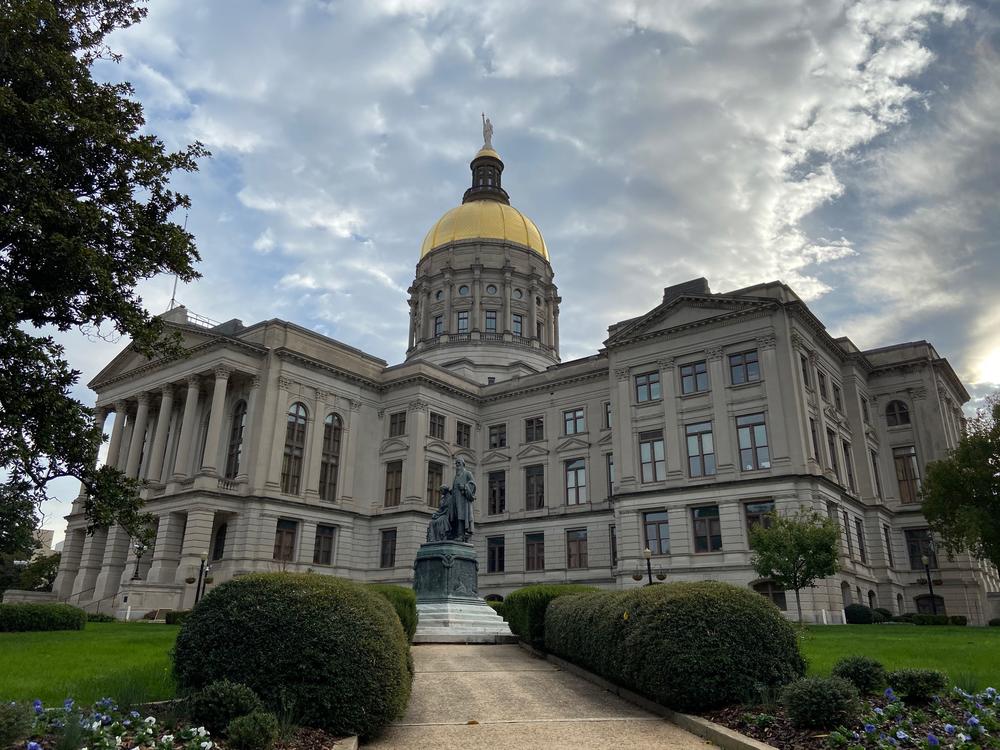Section Branding
Header Content
Senate Approves $2.6B In Cuts To State Budget
Primary Content
The Georgia Senate on Friday passed a budget that cuts $2.6 billion in spending, including more than $1 billion from the state’s education system.
On a party-line 34-15 vote, the chamber pared back some of the cuts submitted by state agencies last month.
“What we could not foresee was the overnight impact of COVID-19,” Appropriations Chairman Blake Tillery (R-Vidalia) said. “There’s no reason to sugarcoat it. There will be less in this budget, and our priorities here are shown not by adding more but by simple being able to reduce less in other areas.”
Because of lagging revenue collections in recent months brought on by the pandemic, state agencies had to submit plans to cut 14% of their spending. The cuts approved by the Senate amount to roughly 11% for most agencies.
RELATED: Budget Cuts Could Mean Fewer Teachers, Food Inspectors And Less Money To Clean Up Toxic Waste
Lawmakers were able to find ways to re-add some programs, like fully funding pre-K and eliminating five weeks of furlough days proposed for public safety officers.
But Democrats argued that more could be done to raise revenues to offset the decimation of tax collections because of COVID-19.
“There’s a number of other ways that we can expand our budget and be in a position to not be making these draconian cuts,” Sen. Nan Orrock (D-Atlanta) said. “Now more than ever, we should be looking for ways to go in a different direction.”
One way is a proposal to raise the tobacco tax, which is currently one of the lowest in the country.
Sen. Jen Jordan (D-Atlanta) said the state spends more currently on treating smoking-related illness than the tobacco tax brings in.
“There’s a shortfall of $420 million on what we are already paying for cigarette-related diseases in Georgia,” she said. “The words ‘personal responsibility’ are often invoked in this chamber, and so for me, raising the cigarette tax is all about personal responsibility.”
Now the House and the Senate must negotiate a final spending plan and send it to Gov. Brian Kemp before the end of the session and the budget is set to take effect July 1.
“This is not the budget that many of you expected or hoped to have this year,” Tillery said.


